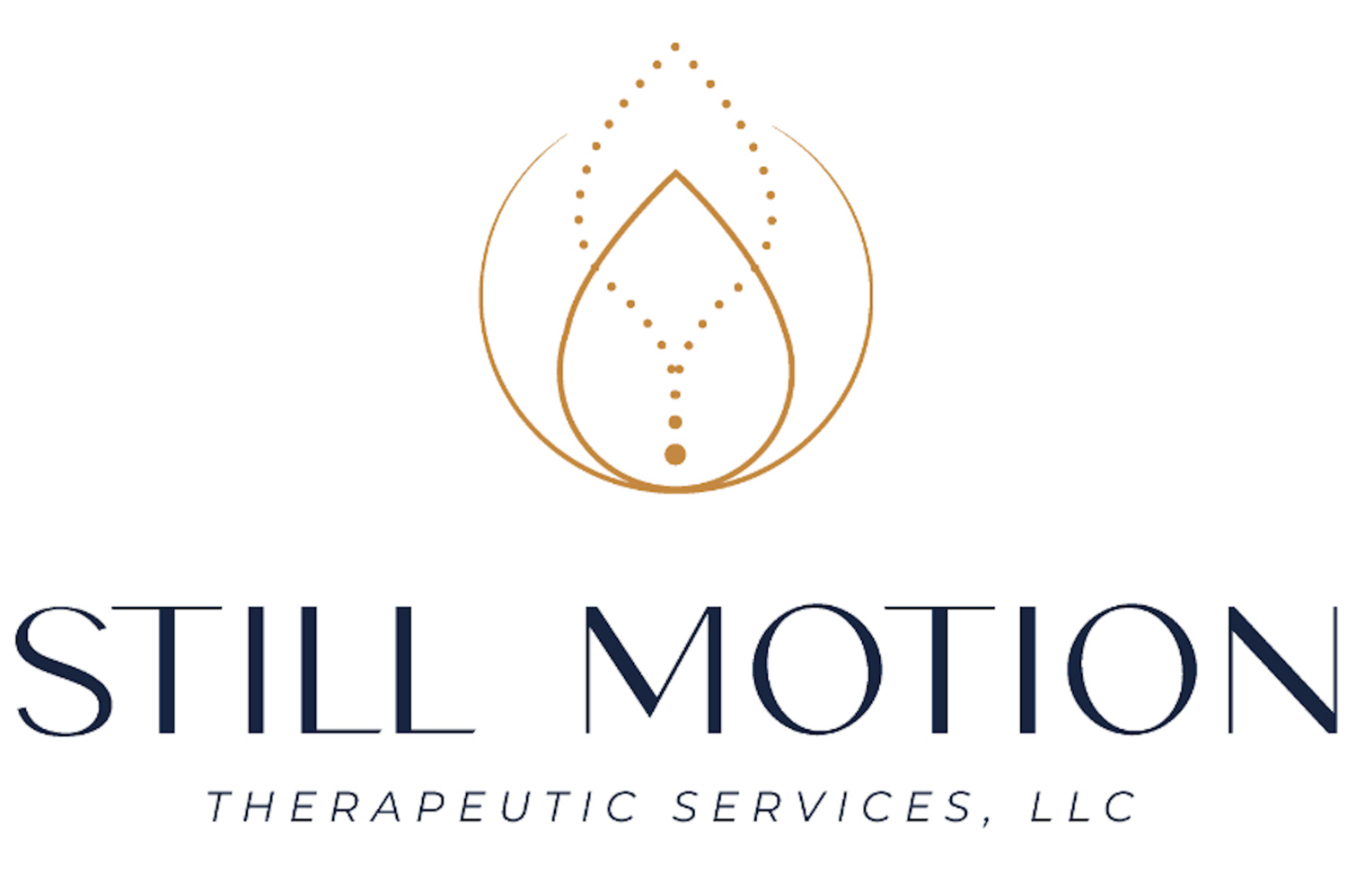How to Know When Couples Counseling is Right for You: Signs That It’s Time to Seek Help
/Every relationship faces challenges, but sometimes those challenges feel like more than just bumps in the road. If you're in a relationship, it's natural to experience moments of conflict, miscommunication, or emotional distance. But when these issues become persistent, overwhelming, or damaging to your connection, it's essential to ask yourself: Is it time for couples counseling?
Couples counseling can provide a safe, structured space to address relationship difficulties and deepen the connection between partners. However, knowing when to seek professional help can sometimes be confusing. You might wonder if you can work things out on your own or if therapy is really necessary.
This blog will help you recognize the signs that it might be time to consider couples counseling and explore how therapy can support both you and your partner in navigating challenges.
1. Communication Breakdowns Have Become Constant
Good communication is the foundation of any healthy relationship. When communication starts to break down — whether through constant arguing, avoiding difficult conversations, or simply not listening to one another — it can create a cycle of frustration, misunderstanding, and emotional distance.
Signs you might need help: You and your partner are frequently misinterpreting each other’s words, having the same arguments over and over without resolution, or feel like you’re speaking different “languages.”
Why therapy helps: A couple’s counselor can teach you effective communication techniques, including active listening, non-defensive communication, and how to express feelings without blame. These skills help you both feel heard, valued, and understood.
2. You're Not Feeling Close or Intimate Anymore
Emotional and physical intimacy are crucial to the health of a romantic relationship. If you find that you're no longer connecting emotionally or physically, or you feel emotionally distant from your partner, it may be a sign that things are out of balance.
Signs you might need help: You and your partner have grown apart emotionally. Intimacy feels forced or non-existent, and you’re no longer making an effort to nurture your bond.
Why therapy helps: A therapist can help you explore the underlying causes of emotional or physical disconnect and guide you through rebuilding intimacy. By addressing barriers to connection (e.g., unresolved resentment, stress, or life changes), therapy can help reignite your bond.
3. You Keep Having the Same Arguments Without Resolution
Every couple argues — that's normal. However, when you’re having the same arguments over and over again without finding a solution, it can feel like you're stuck in a loop. These recurring conflicts can damage trust and create a sense of helplessness.
Signs you might need help: You argue about the same topics (money, parenting, chores, in-laws, etc.) and never seem to resolve them. Feelings of frustration, resentment, or bitterness build up over time.
Why therapy helps: A counselor can help you identify the root causes of repeated conflicts and work on resolving underlying issues. Therapy gives both partners a safe space to voice concerns and gain insight into how their behavior might be contributing to the cycle of disagreement.
4. One or Both Partners Are Feeling Unfulfilled or Resentful
When unmet needs or unspoken expectations linger, they can fester into resentment, causing emotional walls to go up. Resentment is one of the most dangerous things for a relationship because it erodes trust and affection over time.
Signs you might need help: One or both of you feel like you're giving more than you're receiving. You’re starting to feel emotionally drained or taken for granted, or you’ve noticed a growing sense of discontentment that you can't seem to resolve.
Why therapy helps: Therapy provides a space to uncover the deeper reasons behind feelings of unfulfillment. A counselor can help you healthily communicate your needs and work on shifting negative patterns that contribute to resentment.
5. Trust Has Been Broken (Infidelity, Lies, or Betrayal)
Trust is the cornerstone of any healthy relationship. When it’s broken — whether through infidelity, dishonesty, or betrayal — it can feel impossible to rebuild. Even if one partner isn’t necessarily at fault, trust issues can create an ongoing strain on the relationship.
Signs you might need help: One or both partners have lied or betrayed trust. Even if you've both tried to move on, there's lingering hurt, insecurity, or suspicion that affects the relationship.
Why therapy helps: A trained therapist can guide couples through the painful process of rebuilding trust. This involves acknowledging the betrayal, working through emotions like anger and guilt, and learning how to be transparent and rebuild emotional safety.
6. You're Feeling Overwhelmed by External Stressors
Sometimes, outside stressors — like work pressure, financial strain, parenting challenges, or family issues — can put a significant strain on a relationship. These pressures can lead to frustration, irritability, and a lack of connection.
Signs you might need help: External stress is affecting your relationship. You may find yourselves snapping at each other, avoiding each other, or simply not enjoying each other's company like you used to.
Why therapy helps: Therapy can help you and your partner develop coping strategies for managing stress while maintaining a supportive connection. A counselor can also assist in finding a balance between personal, professional, and relational needs.
7. You’re Considering Separation or Divorce
If the idea of ending your relationship has crossed your mind, it’s an important sign that something is not working. Sometimes, couples reach a breaking point and feel like they’ve tried everything. Before making any major decisions, it’s worth considering if there is potential for reconciliation through counseling.
Signs you might need help: You've discussed the possibility of separating or divorcing because you feel like the relationship is no longer fulfilling. There's a sense of resignation or defeat in the relationship.
Why therapy helps: A counselor can offer a neutral space to assess the relationship’s viability. Sometimes, couples need professional help to understand whether they’ve exhausted all options for improvement or if there’s still a chance to rebuild and move forward together.
8. You Want to Strengthen Your Relationship, Even Without Major Issues
You don’t need to wait until things are falling apart to seek help. Many couples seek counseling to strengthen their bond, enhance communication, and deepen their connection. Counseling can be a proactive way to prevent small issues from becoming big ones and to enhance the overall quality of your relationship.
Signs you might need help: You’re in a stable relationship but want to improve aspects like communication, intimacy, or conflict resolution. You recognize that a healthy relationship takes work.
Why therapy helps: Couples counseling isn’t just for fixing problems — it can also help couples strengthen their relationship, learn new skills, and navigate life’s challenges with greater ease. It’s an investment in your long-term connection and happiness.
Final Thoughts: Taking the Step Toward Healing and Growth
Seeking couples counseling isn’t a sign of failure — it’s a proactive and courageous step toward improving the health of your relationship. Whether you’re facing a major crisis or simply want to strengthen your connection, therapy provides a space for both partners to learn, grow, and heal.
If you recognize any of the signs mentioned above in your relationship, it might be time to consider counseling. A professional therapist can provide the tools, guidance, and support you need to navigate challenges and build a stronger, more fulfilling connection.
Remember: It’s never too late to seek help, and taking that first step can often be the beginning of profound healing and growth for you and your partner.

